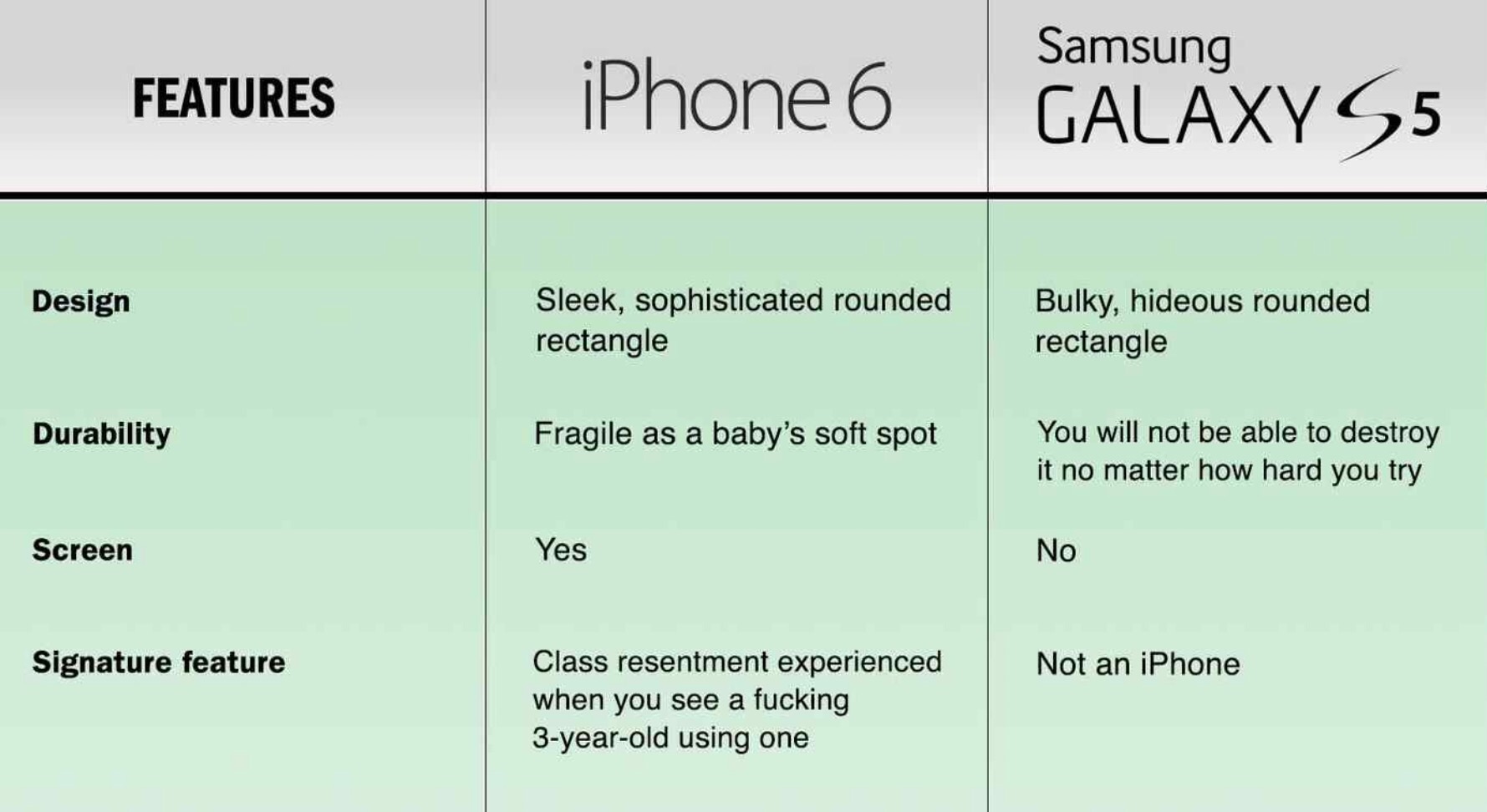Years and years ago, my therapist told me that I overthink things. I still wonder what she meant.
This article buzzed around Facebook today and I found it useful because actually, yes, I do overthink. And it is a problem.
We all do our best to stay positive, but occasionally we can slip into negative thinking patterns that can wreak havoc on our lives. We might worry about our past mistakes or current stresses, and how these could lead to negative outcomes in the future. We might obsess about or over-analyze regular experiences and interactions, reading into them things that aren’t actually there. We might find that as soon as one bad thing happens, we associate it with all the other bad things that have happened in our lives and begin to feel miserable. We might feel anxious in the present, having a hard time getting out of our own heads as we worry and obsess about the things that could go wrong.
If you find yourself in this place frequently, you are what psychologists call a ruminator, or, an over-thinker, and this way of thinking can be harmful to your health. Psychologists have found that over-thinking can be detrimental to human performance, and can lead to anxiety and depression, especially in women, who are much more likely than men to ruminate on stress and disappointments than men.
I find it helpful enough to just have my head explained there but the full piece includes the eight helpful suggestions of the title and they are good. Even the one that explains bloody walking is good for you. What is it with that today?
